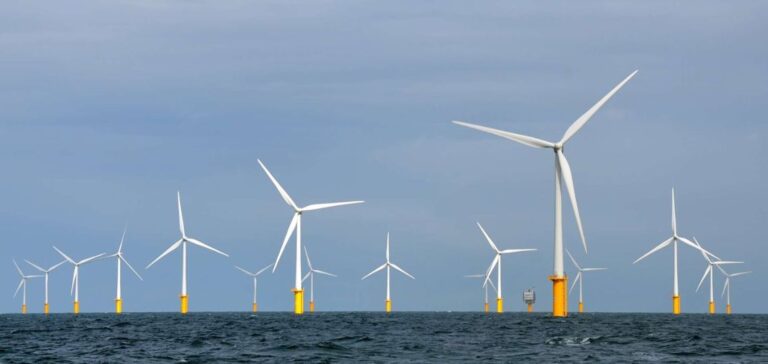By 2024, the renewable energies sector expects to auction over 100 gigawatts (GW) of global capacity, withoffshore wind power predominating, accounting for over 60 GW. According to Wood Mackenzie, this capacity should increase to match 2023 levels as the year progresses. Ana Fernandez Garcia, Senior Analyst at Wood Mackenzie, points out that government tenders are the main support mechanism for renewable energy deployment worldwide, with a growing trend every year.
Regional concentration and market leadership
The EMEA region (Europe, Middle East and Africa) is expected to organize more than 50% of the planned tenders, mainly for offshore wind power capacity. Key markets such as China will continue to dominate. Germany has already announced renewable energy rounds for 25 GW this year, and China for 17 GW in offshore wind power. In 2023, 137 GW of renewable energy capacity was awarded worldwide via government tenders, marking a 10% increase on the previous year despite sectoral difficulties.
Wind and solar dominate auctions
Onshore wind rebounded in 2023 tenders, but was surpassed by a drop in solar. Wind has gained in competitiveness, supported by political interest in its deployment as a key job-creating industry. Nevertheless, solar power remains the most awarded technology via calls for tender. It accounts for 44% of total volume, with 61 GW, although its share has decreased compared to 2022.
Conflicting trends and the need for reform
Offshore wind energy tenders have seen intense competition, resulting in tenders without subsidies, or even negative bids. In contrast, the onshore wind and solar tenders suffered from a lack of bidders, leaving 30% of the volume unallocated in 2023. This situation exposes renewable energies to risks, underlining the need for reform in the design of tenders.
The 2024 renewable energy tenders promise significant expansion, particularly in offshore wind, with the EMEA region leading the way. The growing trend in auctions illustrates the continuing importance of government tenders in supporting renewable development. However, existing challenges call for strategic adjustments to optimize the efficiency and attractiveness of future auctions.






















